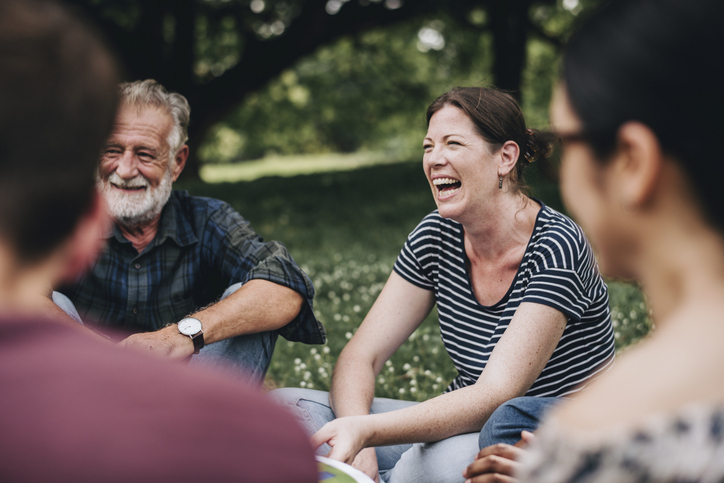Recovery is about more than managing symptoms. It’s about rebuilding a life. That’s the philosophy behind Recovery Colleges.
A Recovery College is a place where people with mental health challenges come to learn. Not in the traditional sense of treatment or therapy, but in the spirit of education, connection, and growth. Instead of being seen as patients, students are treated as equals, encouraged to explore who they are, what they want, and how to take back control of their lives.
At Bridge Support, our Recovery College is built on the belief that everyone has the right to a fulfilling life. That means helping people move beyond crisis, beyond diagnosis, and towards independence. We don’t ask, “What’s wrong with you?” We ask, “What matters to you?”
A Different Approach to Recovery
Traditional mental health care often focuses on treatment and symptom control. That can be vital in times of crisis, but it’s not the full picture. Long-term recovery requires more. It needs purpose, confidence, and community.
Recovery Colleges are different. They follow an educational model, not a clinical one. Students choose their courses. They learn at their own pace. The classroom is a place of safety and support, where mistakes are part of learning and growth is personal.
The focus is on developing skills for life: emotional resilience, practical tools, confidence-building, and self-awareness. It’s about helping people understand themselves, their experiences, and their goals.
What Makes Bridge Support’s Recovery College Unique
Many Recovery Colleges are based in hospitals or clinical settings. Ours is different. It’s in the heart of the community, open to anyone ready to begin their recovery journey.
Our courses are co-designed and co-delivered by people with lived experience. That means our trainers understand the journey because they’ve walked it themselves. It creates an atmosphere of mutual respect and understanding that can’t be replicated in more traditional services.
We believe recovery is not just about mental health. It’s about the whole person. Our curriculum reflects that, with workshops covering a wide range of topics: managing anxiety, building self-esteem, handling money, preparing for work, and setting boundaries.
Every course is built with empowerment in mind. We don’t fix people. We help people recognise their strengths, build confidence, and make their own decisions.
Measurable Impact
The results speak for themselves.
Since joining the Recovery College:
- Only 8% of students have attended A&E.
- 87% of those on long-term sickness leave have returned to their previous jobs. The rest found new employment.
- 90% report improved ability to manage their mental health.
- 96% feel more hopeful about their future.
These numbers reflect real change. A sense of purpose. A return to community. A belief in what’s possible.
Why It Works
People recover in different ways. But one thing is true for everyone: recovery is easier when you feel in control.
Recovery Colleges work because they offer choice. Students pick what they want to learn. They decide what pace works for them. They are treated with dignity, not labelled or limited by their diagnosis.
Learning is active. It builds confidence. It restores identity. When people realise they have skills, strengths, and potential, recovery becomes transformation.
Moving Forward
Recovery Colleges are not a luxury. They are an essential part of a compassionate mental health system. They fill a gap that clinical services can’t always meet: the need for meaning, connection, and growth.
At Bridge Support, we’re proud of what our Recovery College achieves. We see the difference it makes every day. If you’re interested in learning more, commissioning our service, or attending the college, contact us here.
Further Reading
Skills and Courses That Transform Lives at the Recovery College
The Recovery College – A Revolutionary Approach To Mental Health Recovery

